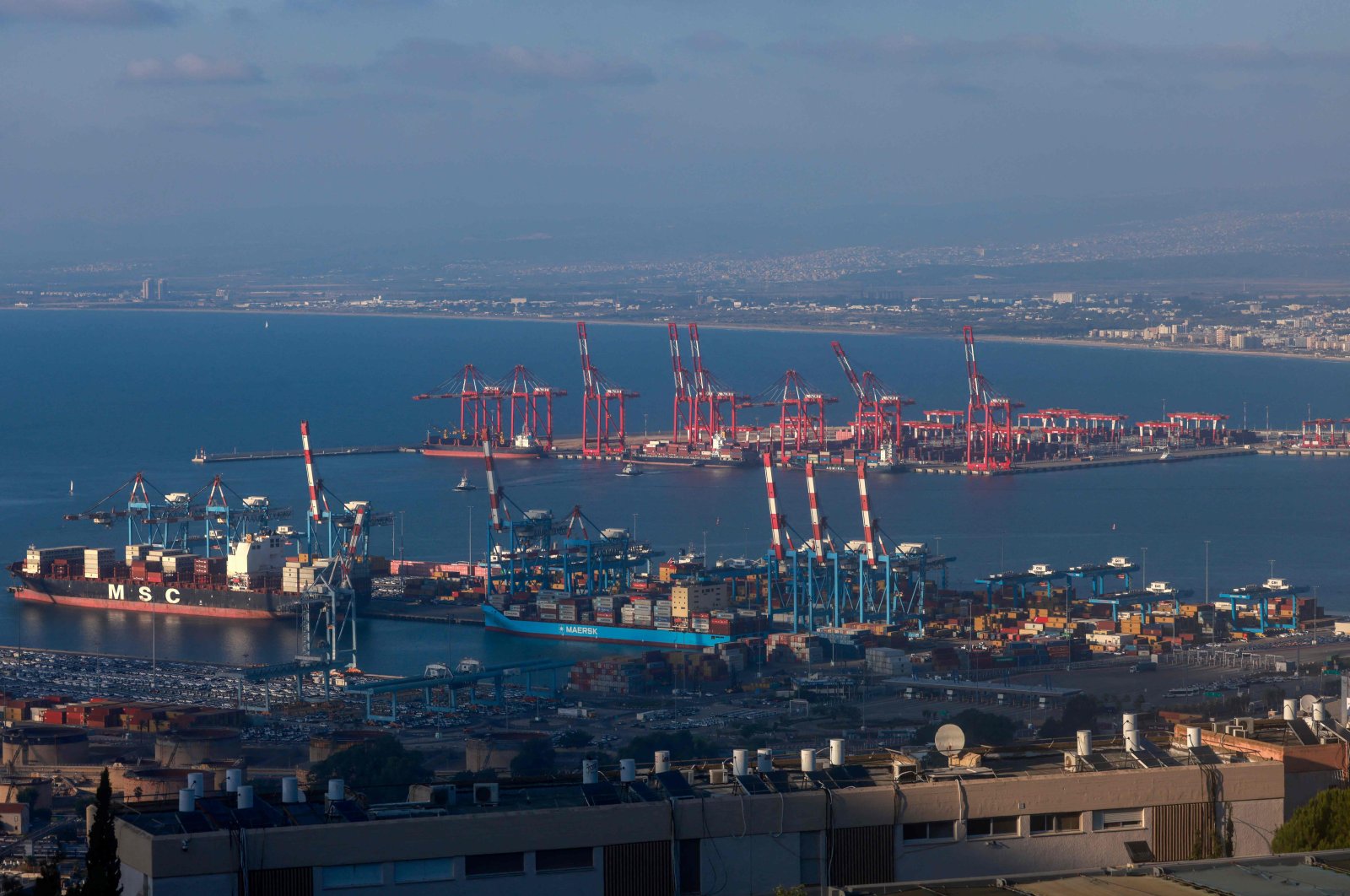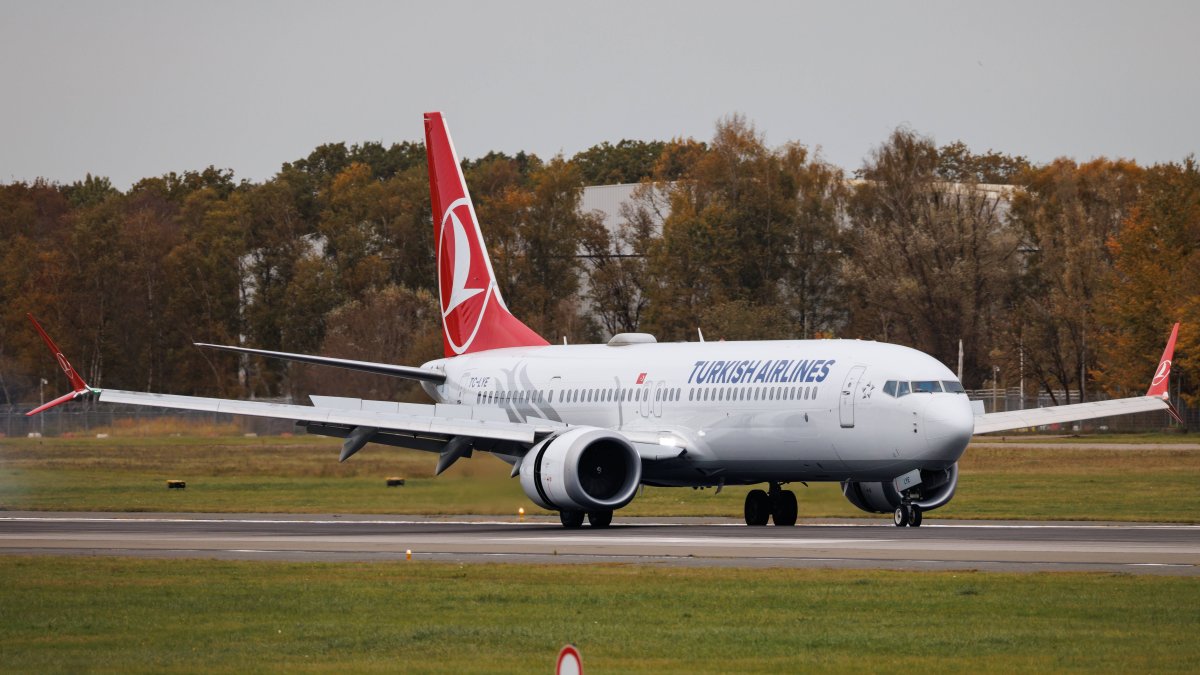Israel sees soaring vegetable, fruit prices amid Turkish trade halt
Consumers in Israel are facing soaring prices of vegetables and fruits in local markets as imports decline amid Ankara’s halt of trade with Tel Aviv over its deadly offensive on the Gaza Strip, according to local media on Wednesday.
“Following the suspension of imports from Türkiye due to its boycott of Israel, there has been a rise in the prices of vegetables and fruits,” Israeli public broadcaster KAN said.
The Turkish Ministry of Trade announced on May 2 a suspension of all trade dealings with Israel until humanitarian aid is allowed into the Gaza Strip without restrictions.
Turkish authorities initially introduced curbs on exports of 54 groups of products but shortly after ceased all trade with Israel amid the unprecedented humanitarian crisis in Gaza.
The bilateral goods exchange between the two countries before trade halt stood at nearly $7 billion (TL 235.66 billion) a year with Turkish exports playing a dominant role.
The decision made Türkiye the first of Israel’s key trade partners to halt exports and imports over its relentless attacks in Gaza.
Following the decision, Israeli Foreign Minister Israel Katz stated that new trade alternatives would be sought by focusing on local production and imports from other countries. However, it appears that Türkiye’s decision to halt trade has placed Israel in a rather unenviable situation.
The Israeli Health Ministry also suspended the import of vegetables from Jordan due to what it called the discovery of cholera bacteria in the Yarmouk River delta in Jordan, which is partially used for irrigation of agricultural crops.
In recent years, agricultural products coming from Türkiye and Jordan were able to meet the local demand in Israel and fill in the gaps between production and consumption. Jordan denied earlier this week that there were any cholera infections in its agricultural products.
“One reason for the shortage of vegetables and fruits is the lack of sufficient local crops available in the market, which is a significant reason related to the high costs of farming,” KAN said.
The Israeli Council of Plants and Agricultural Associations has called for financial support from the government to reduce farming costs and thus alleviate the burden on consumers.
Recent media reports also indicated the Israeli automotive market was facing significant shortages as it was widely relying on imports from Türkiye, one of the leading 10 countries in car exports.
Flouting a U.N. Security Council resolution demanding an immediate cease-fire, Israel has faced international condemnation amid its continued brutal offensive on Gaza since an Oct. 7 attack last year by the Palestinian resistance group Hamas.
Nearly 40,000 Palestinians have since been killed in Gaza, most of them women and children, and over 92,000 others injured, according to local health authorities.
More than ten months into the Israeli war, vast tracts of Gaza lie in ruins amid a crippling blockade of food, clean water and medicine.
The International Court of Justice has accused Israel of genocide and ordered a halt to its military operations in the southern city of Rafah, where over a million Palestinians had sought refuge before the city was invaded on May 6.





